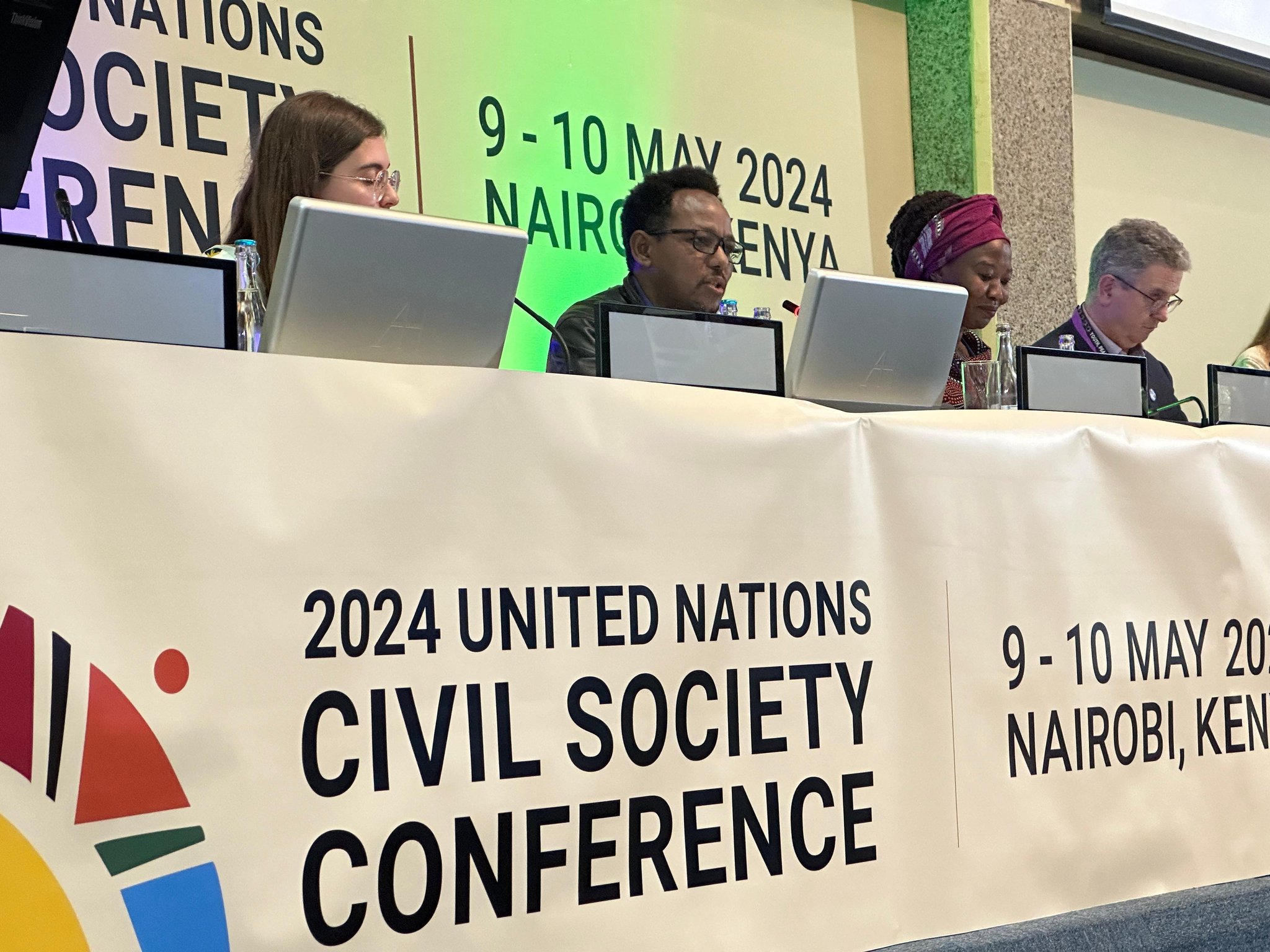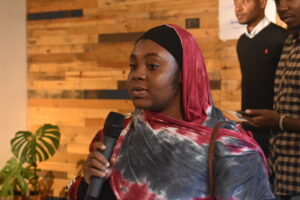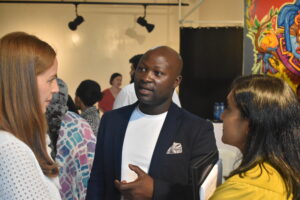Reshaping the UN’s Peacebuilding Efforts with Civil Society’s Call for Genuine Partnerships and Localised Decision-Making

As the United Nations prepares for its 2025 Peacebuilding Architecture Review (PABR), civil society actors have mobilised to ensure that their perspectives contribute to reshaping the UN’s peacebuilding efforts. These reviews serve a dual purpose: evaluating the UN’s past and present peacebuilding and peace-sustaining efforts and enhancing the effectiveness of the UN’s future initiatives. Two recent consultations held in Nairobi, Kenya provided insights towards this process.
In May 2024, Life & Peace Institute, Saferworld, and Interpeace hosted a dialogue to share perspectives on the current state of peace and security in the Horn of Africa. The dialogue assessed the UN's effectiveness and relevance in peacebuilding efforts, identifying challenges and areas for improvement. Key points raised in the dialogue included:
- The UN needs to reassess its role in supporting community-led peacebuilding, as it often struggles to engage with community actors.
- More direct, flexible, and long-term funding is needed for peacebuilding, with a focus on empowering and funding to communities.
- The UN's partnership with civil society needs rethinking, to address core needs and engage with communities.
Graeme Simpson, Principal Representative in New York, and Senior Peacebuilding Advisor at Interpeace, emphasised the importance of institutionalising civil societies voices in the international system, stating, “For too long, the multilateral system remains about only governments, but people don’t trust or cannot access their governments - we need to institutionalise civil society voices in the international system.”
Another participant stated, “What we want from the UN is genuine partnerships rooted in trust, we don’t want to be perceived as a tick in the box for them to fulfil a donor requirement.”
The ImPACT Coalition on Peacebuilding, convened on 10 May 2024 at the UN Civil Society Conference, was enriched by insights shared by variety of peacebuilders to ensure that the aspirations for peace are grounded in a peacebuilding architecture that is effective and adaptable to changing circumstances. The session focused on building the ImPACT Coalition as a tool to operationalise the aspirations of the Pact for the Future through the PBAR, and to ensure that the 2025 Peacebuilding Architecture is “fit for purpose”. The session brainstormed ways for civil society organisations to utilise the ImPACT Coalition effectively, including by identifying steps to strengthen partnerships for peacebuilding between the UN, civil society, and Member States.
Abdalla El-Saffi, Life & Peace Institute, Sudan Country manager emphasised the importance of recognising the UN's current legitimacy crisis and the need for reform in the peacebuilding vision. He highlighted the unique opportunity presented by the upcoming PBAR to address modern challenges such as climate change, migration, and digital risks. El-Saffi stressed the need for collaboration among multi-stakeholder, inclusive development, and grassroots impact for sustainable peace.

Ana Maria Bernal-Gaviria, representing Grupo Internacional de Paz (GIP), an NGO committed to social transformation for peacebuilding in Colombia, highlighted the CSO-UN Dialogue Initiative on Peacebuilding, and its goal to institutionalising civil society engagement in UN policy processes, such as the PBAR. Moreover, she pointed out the disconnect between the policy discussions happening in New York, and the peacebuilding work peacebuilders are doing on the ground, and thus the need to ensure that the upcoming PBAR is informed by, and reflective of, the work local peacebuilders are doing around the world.
Upholding the calls from civil society for sustained partnerships, localised funding and decision-making processes, and multi-stakeholder collaboration is essential in creating a peacebuilding architecture that is "fit for purpose" in addressing the complexities of 21st-century conflicts. Because, without policies grounded in people's experiences, implementation becomes challenging, if not impossible.




